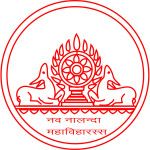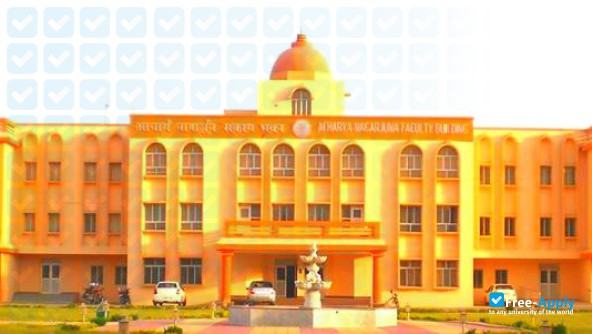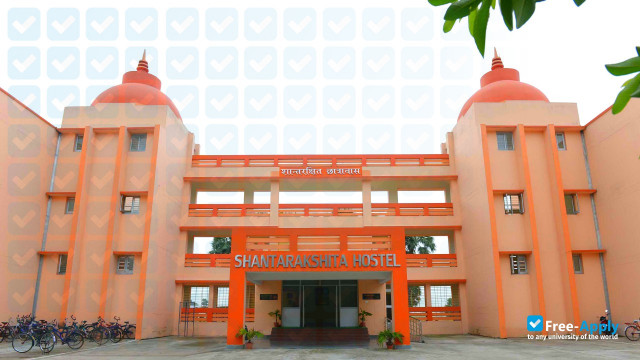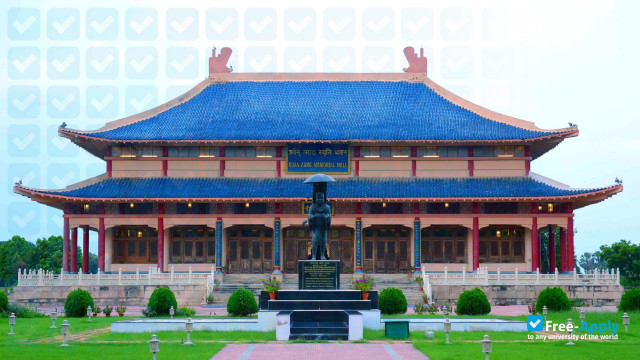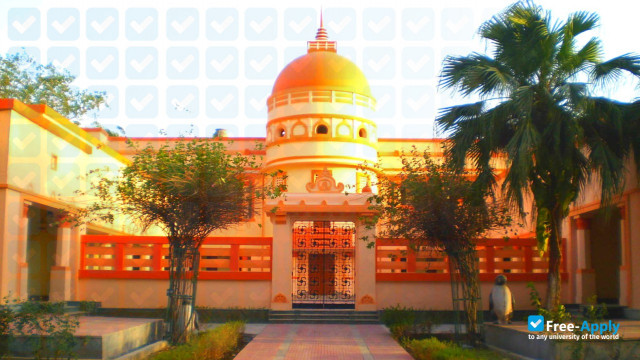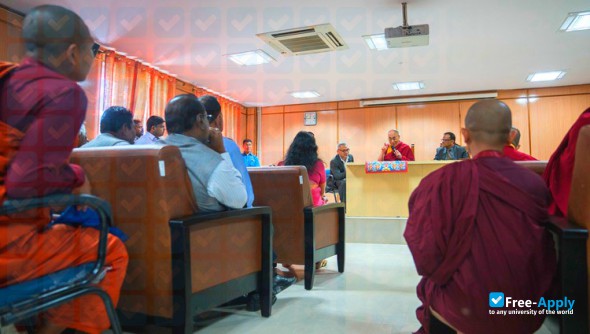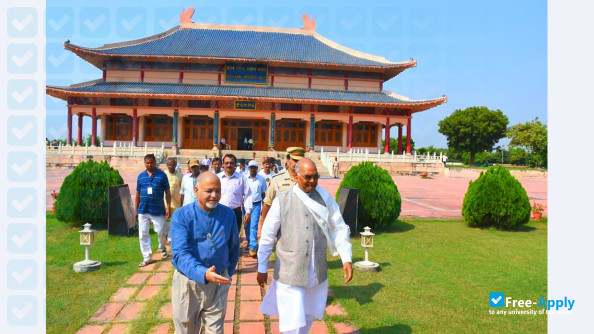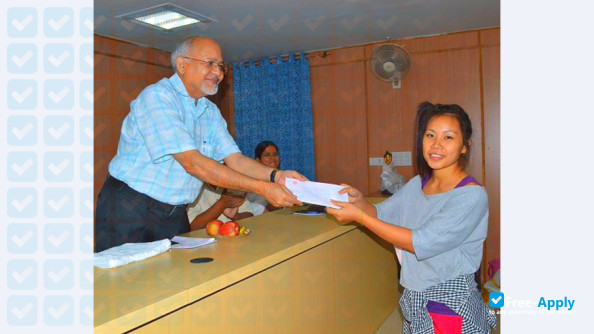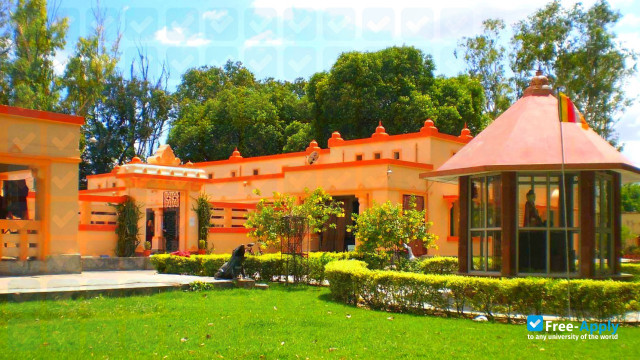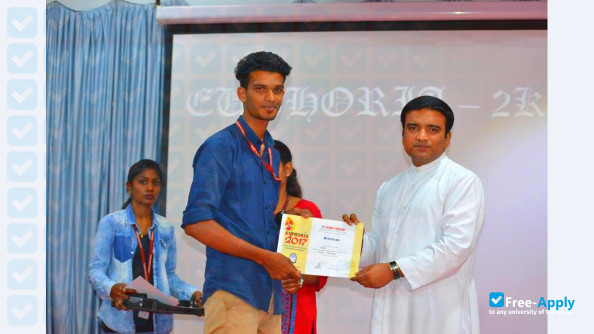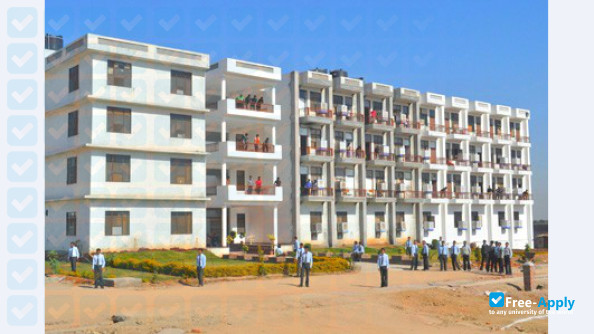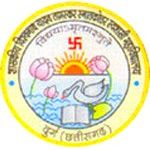About the university
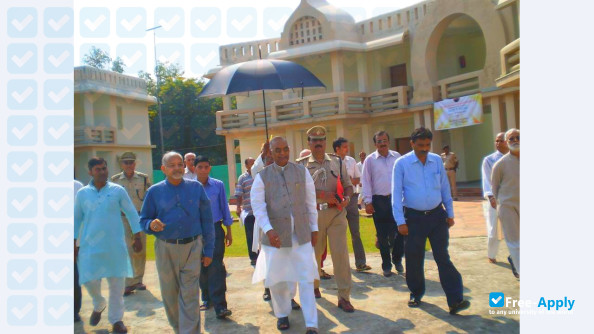
Nalanda had been an ancient seat of learning and a religious centre that imparted manifold knowledge. It existed in ancient Magadha (presently, Bihar and parts of Bengal, Orisha in India) between the fifth century AD to twelve century AD. It was believed that the term ‘Nalanda’ might have been originated from the word nalam (lotus), or da nalanda, signifying “giver of knowledge”. The ancient Mahavihara at Nalanda was established during the reign of a king called Śakrāditya, of the Gupta Dynasty. Nalanda was visited by both Buddha and Mahavira around the fifth and sixth centuries BC. It was also the place of birth and nirvana of Sariputta, one of the famous disciples of Buddha. Many of the famous Buddhist scholars had studied and taught at Nalanda including Nagarjuna, who formalised the concept of Sunyata; Dharmapala, the teacher of Xuan Zang; Dharmakirti, the logician; Dinnaga, the founder of Buddhist Logic; Jinamitra Santaraksita, who founded the first monastic order in Tibet; Padmasambhava, the master of Tantric Buddhism; Candrakīrti, Śīlabhadra and Atisa. Nalanda was one of the world's first residential universities. More than 10,000 students and 2,000 teachers resided in this monastic campus. The Mahavihara, built in red bricks, was considered to be an architectural masterpiece. It had eight separate compounds and ten temples, along with many other meditation halls and classrooms. The library was located in a nine storied building where valued copies of texts were produced. The subjects taught by the renowned teachers amassed every field of learning, and attracted pupils and scholars from all parts of the world-Korea, Japan, China, Tibet, Indonesia, Persia and Turkey. Nalanda was ransacked and destroyed by an army of the Muslim Mamluk Dynasty under Ikhtiyar ad-Din Muhammad bin Bakhtiyar Khilji in 1193 AD. Presently, the ruins of the ancient Nalanda Mahavihara occupy an area of 14 hectares and most of it remains unexplored. The historical significance of Nalanda, Rajgir and Bodhgaya attract thousands of tourists every year from both India and abroad.
Education programs
Culturology
Culturology
Culturology
English
Language of instructions
Full-time
Study mode
$933
Fee for international students
$933
Fee for domestic students
Philology
~ $933 / year
Philology
Philosophy
~ $933 / year
Philosophy
Philosophy
English
Language of instructions
Full-time
Study mode
$933
Fee for international students
$933
Fee for domestic students
How to apply to the university
Choose a program
Press “Apply now” button
Send an application form
Complete admissions tasks
Go to study
To apply to Nava Nalanda Mahavihara follow these steps. To get more information about the university and the admissions process, you can use the live chat to contact a university representative.
Required documents for admission
When applying for admission to Nava Nalanda Mahavihara in India you should prepare all required documents. Request a list of necessary documents directly from a university, as it may vary for different countries. Using our live chat, you can also ask for sample documents.
- Scanned copy of signature
- TOEFL Certificate
- Passport
- Application fee
- Health and Life Insurance
- Proof of fee payment
- Medical Certificate
- Birth Certificate
- IELTS Certificate
- Photographs
- Online Application form
- Family Details
- Student visa
- Declaration for financial support
Why people choose this university
Contacts
Nava Nalanda Mahavihara
Nava Nalanda Mahavihara (Deemed to be University) (Under Ministry of Culture, Government of India) Nalanda- 803111, BIHAR
India
Free Apply is not responsible for the content of this page. Through the Site, Free Apply provides an online catalog which you can use to find different types of educational institutions. It’s possible for a new university to be registered by any user, however only verified university representatives will be able to manage, reply in chat and make changes to a university page. Once the University registers its official representative, it has the right to block access for others to edit the information. Further control over the content will be carried out by the representative of the University. Registration with the Free-Apply.com catalog is free.
